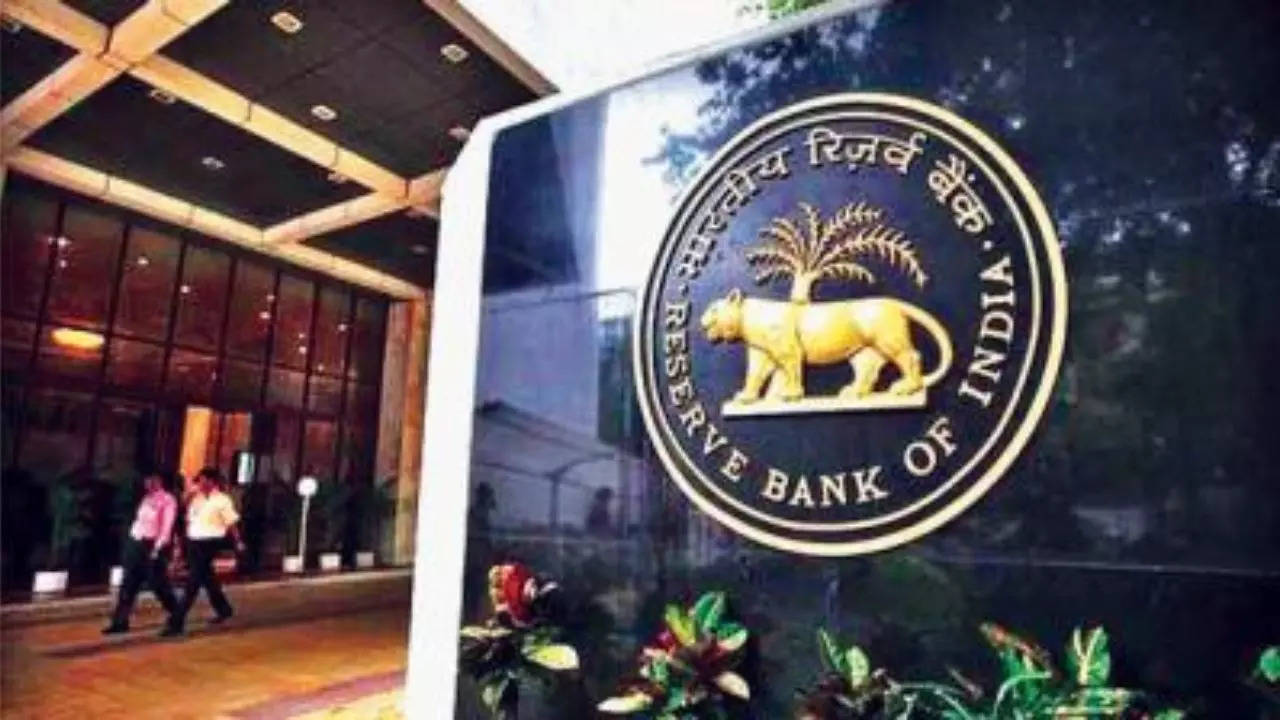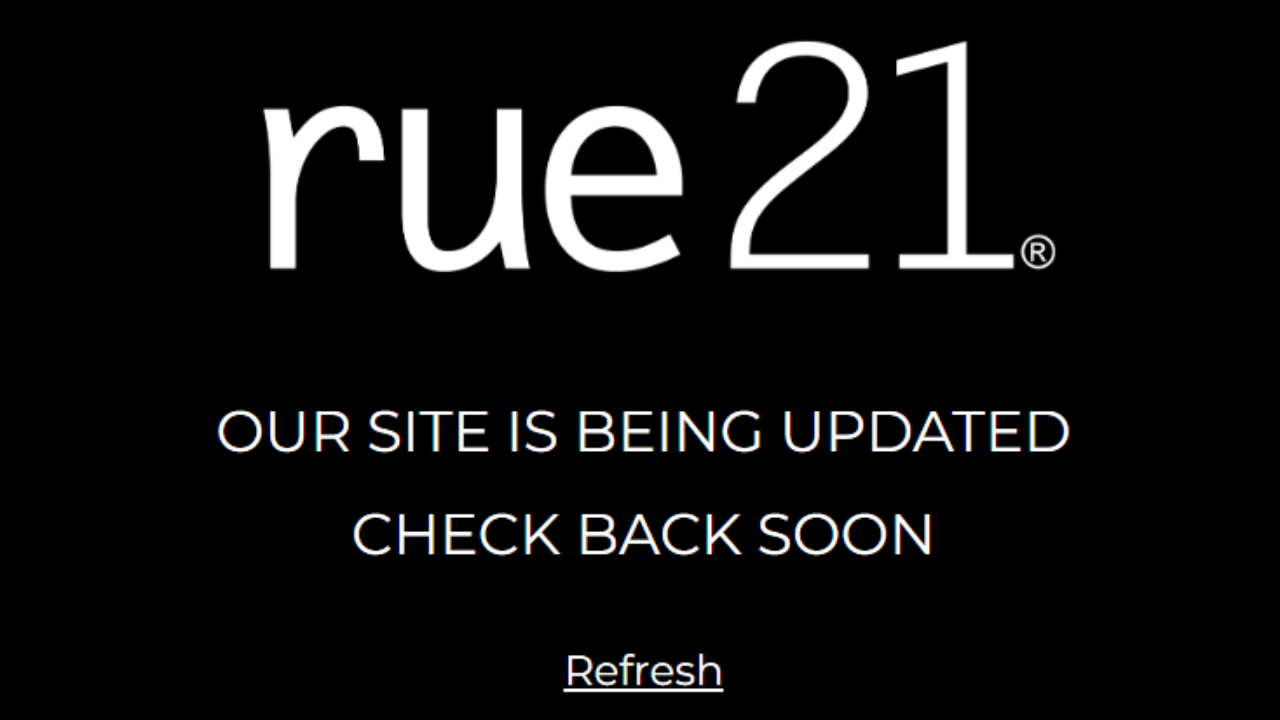

An escalation in Middle East could not only lead to supply shortages but also trigger a swift rise in oil prices
In the shadow of escalating tensions between Israel and Iran, the global community stands on the precipice of witnessing not only a significant geopolitical shift but also a consequential tremor through the world’s oil markets. As Iran launched over 300 drones and missiles towards Israel, the specter of a full-scale conflict between these two Middle Eastern powers looms large, with the potential to disrupt the flow of oil and send shockwaves through global economies.
The Middle East, a region that accounts for a staggering 30% of global crude oil production, finds its stability crucial for maintaining the delicate balance of supply and demand on the global stage. Iran, a founding member of the Organization of the Petroleum Exporting Countries (OPEC), plays a pivotal role within this dynamic. A confrontation with Israel threatens to upend this balance, with the possibility of direct hits to Iran’s oil production infrastructure exacerbating an already volatile situation.
Such an escalation could not only lead to supply shortages but also trigger a swift rise in oil prices, impacting economies around the globe. For countries like India, which rely heavily on the stability of the Middle East for their energy needs, the consequences stretch beyond economic strain. The safety of countless Indian workers in the Gulf region hangs in balance, as the potential war could endanger their lives and livelihoods.
The collaboration of some Arab nations, including Saudi Arabia and the United Arab Emirates, with the US and Israel to counter Iran’s military capabilities underscores the deepening divide within the region. Meanwhile, Iran’s display of scientific prowess, challenging the Western narrative of its technological inferiority, hints at a more formidable adversary than previously acknowledged.
Israel’s confidence in intercepting Iranian missiles and drones faces scrutiny, especially given Iran’s strategic deployment of older, slower projectiles in its recent assault. This tactic may have been a litmus test for Israel’s defenses, hinting at a more significant threat should Iran deploy its latest military technology in earnest.
As the world watches this unfolding drama, the economic implications of a potential Iran-Israel war, particularly on global oil markets, remain a pressing concern. With supply chains potentially disrupted and prices poised to surge, the ripple effects could be felt across continents, highlighting the intertwined fate of global stability and energy security.




























